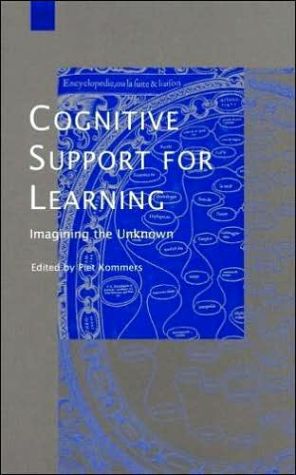Cognitive Support for Learning: Imagining the Unknown
This book addresses the various aspects of computational support systems for learners nowadays. It highlights in particular those learning aspects that rely heavily upon one's imagination of knowledge and "new" ideas. The question is how learners may become more effective through the use of highly graphical computer systems that now conquer almost every desk. As an extrapolation of the constructionistic paradigm, learning is seen here as a process of conceptual design. Witnessing the prudent...
Search in google:
This book addresses the various aspects of computational support systems for learners nowadays. It highlights in particular those learning aspects that rely heavily upon one's imagination of knowledge and "new" ideas. The question is how learners may become more effective through the use of highly graphical computer systems that now conquer almost every desk. As an extrapolation of the constructionistic paradigm, learning is seen here as a process of conceptual design. Witnessing the prudent introduction of CADD software (Computer Aided Drafting and Design) it is obvious that users are generally scrupulous to accept the computer in the ideational stages of design. This book presents both existing conceptual techniques and those estimated to arrive in the few coming years. Its further evolution does not rely entirely on interactive systems; quite often we see that design methods remain long after the tools have been abandoned. One of the reasons that conceptual support has not particularly sustained in learning practices is that it demands the learner to make intuitive ideas explicit and thus forces the learner to reconsider existential factors like imagining and expressing the unknown; hard to reconcile with the traditional conversation style between teachers and students. Collaborative learning situations are a much better condition for conceptual negotiations. It is likely that Web-based learning communities will foster these more subtle stages in understanding as it provides less pressure to accept the authorities' conclusion before the learner actually "understands" a certain topic.








